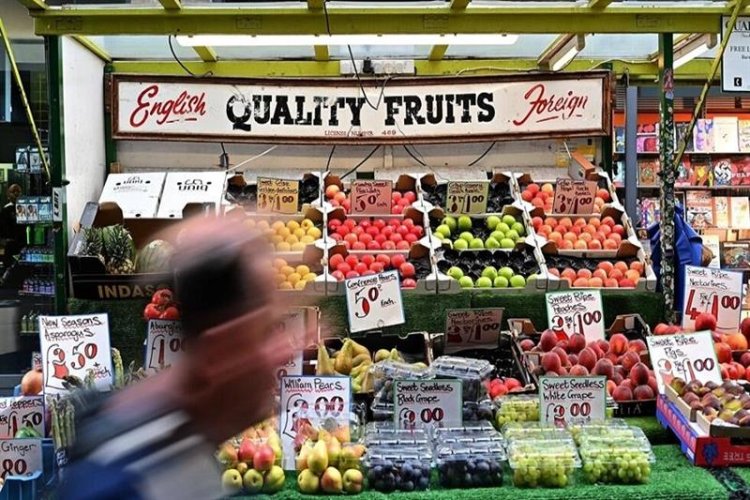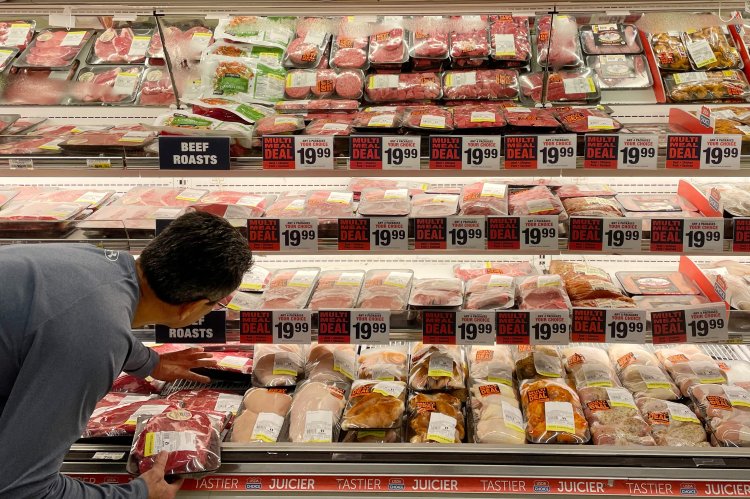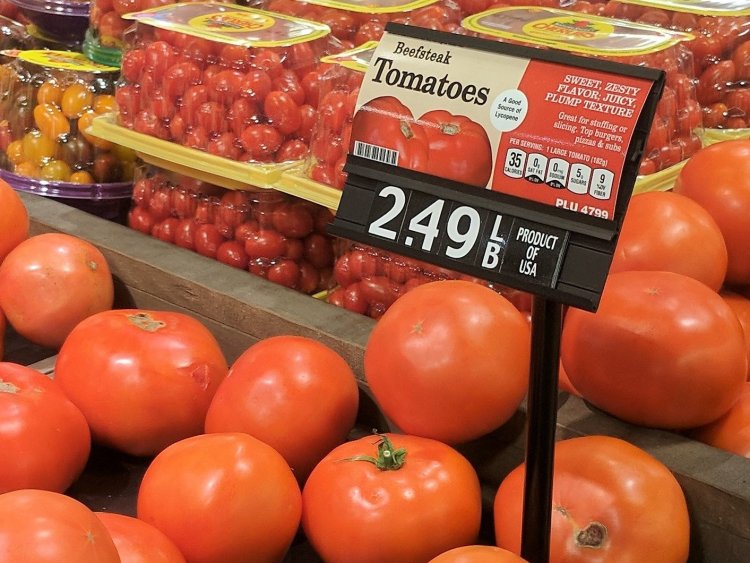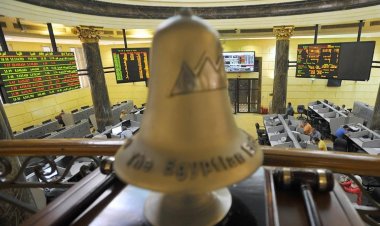Why consumers not feel the decline in global food prices?
United Nations saying that food prices are down as they were 12 months ago, but this decline was not felt by shopkeepers.

Some global food prices fell, but consumers did not feel any change, after they rose significantly in the aftermath of the Russian-Ukrainian war.
According to the American "Associated Press", food prices around the world have increased exaggeratedly, but in some global markets, prices of grains, vegetable oils, dairy products and other agricultural commodities have fallen to record levels.

Food prices
Despite the United Nations saying that food prices are down as they were 12 months ago, buoyed by good harvests in places like Brazil and Russia, but this decline was not felt by shopkeepers, street vendors and families trying to make ends meet, the agency reported yesterday, Sunday, April 30, 2023.
The American Network indicated that the food price index of the Food and Agriculture Organization of the United Nations is lower than it was when Russian forces entered Ukraine.
However, food prices are very expensive, and people have no choice but to pay, as prices continue to rise. Which contributes to the increase in inflation rates to a tragic extent in the United States, Europe, and the troubled countries in developing countries.

Global price hike
Food markets are highly interconnected, said economist and co-director of the Europe Program at the Center for Global Development in London, Ian Mitchell. “Wherever you are in the world, you feel the impact, which is higher prices globally.”
The former chief economist at the US Department of Agriculture, Joseph Glauber, indicated that the prices of certain agricultural products such as oranges, wheat and cattle rose 8.5% last month, compared to last year.
He explained that 75% of the increase was due to the increase in energy, transportation and labor costs.

core inflation
He added that many of these costs are an integral part of so-called core inflation, which does not exclude food prices from the volatile energy. Food prices rose by 19.5% in the European Union last month compared to the previous year, and 19.2% in the UK than it was, the biggest increase in nearly 46 years.
Others, including US President Joe Biden, see another reason for the price hike as a wave of mergers between factories that, over the years, has reduced competition in the food industry.
Outside the US, Glauber says, the strong dollar is to blame for keeping prices high in recent food price crises, but when that happened in 2007-2008, the dollar was not strong and the crisis was there.


 Shrouq
Shrouq 












